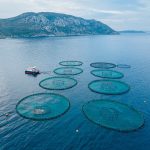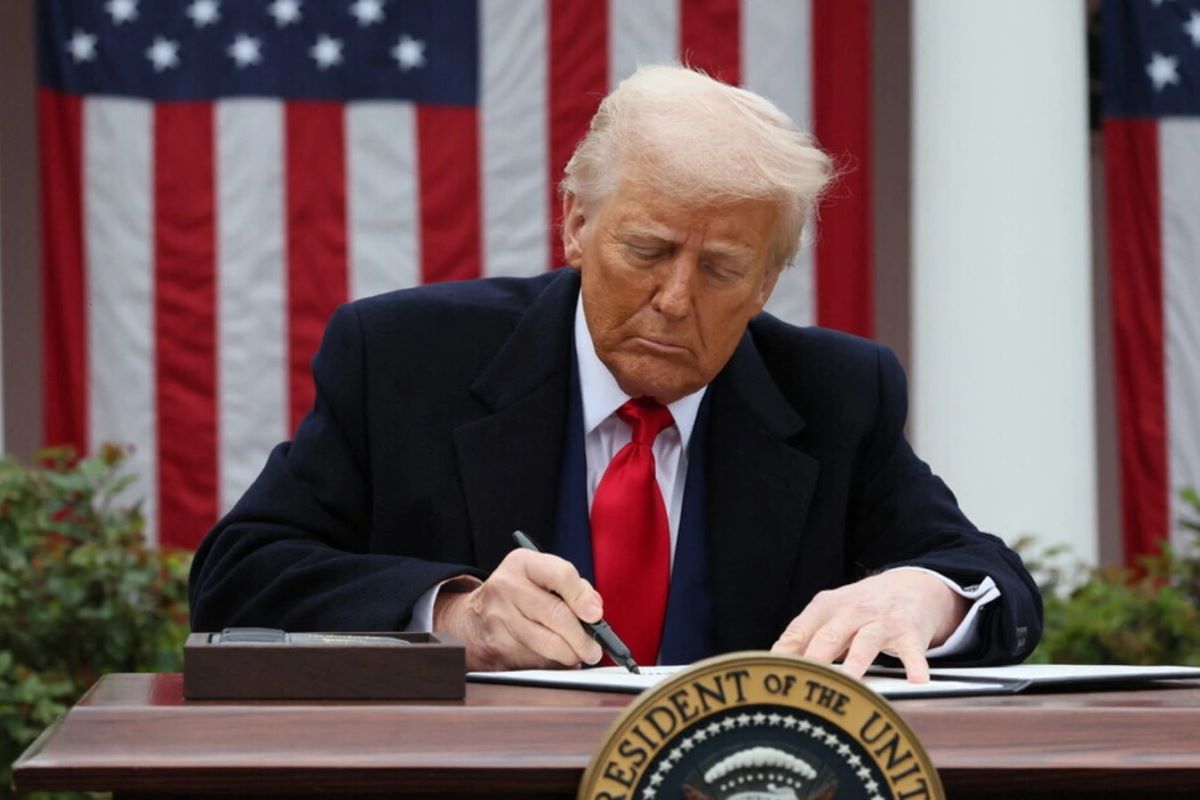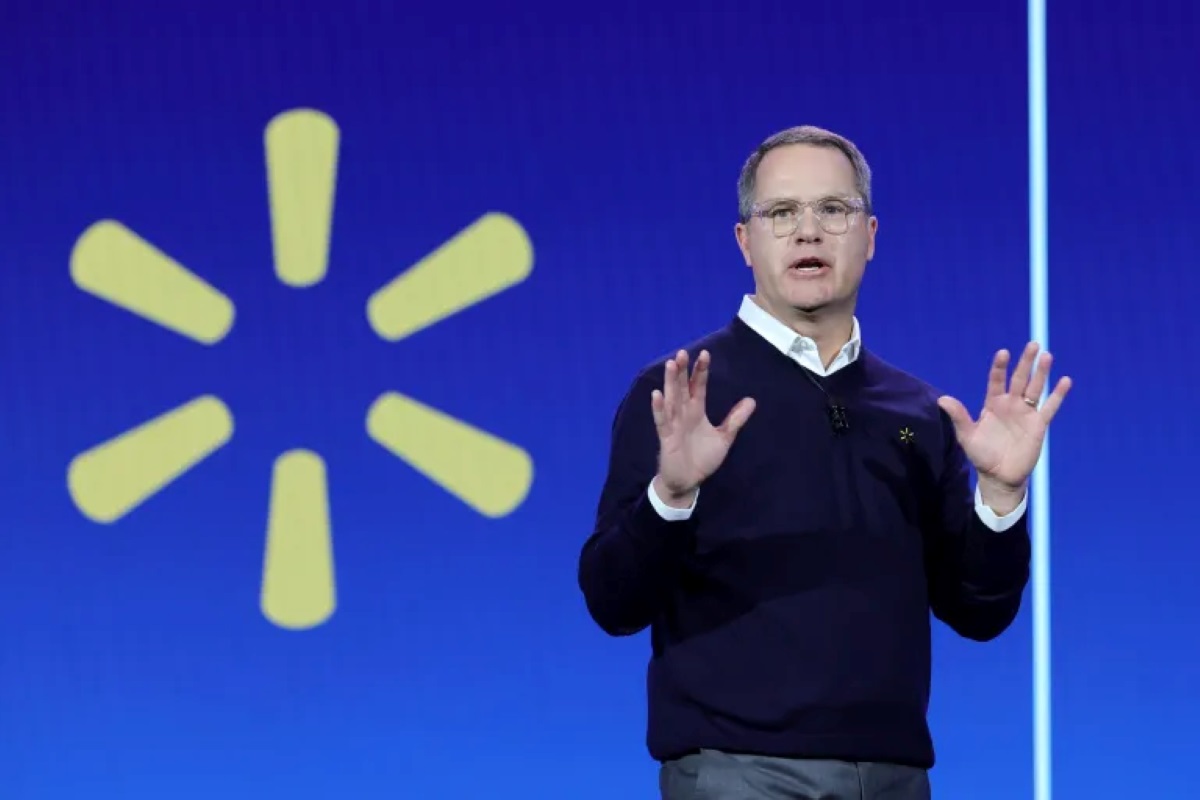Most US food companies did not see the RFK Jr. artificial additives reform coming. Robert F. Kennedy Jr. became the 26th US Secretary of Health and Human Services in February 2025. Last week, the health secretary had a closed-door meeting with the major food companies in the country. The meeting was part of his food safety reforms to make Americans healthy again. However, RFK Jr.’s focus was addressing a GRAS loophole concern and correcting an FDA ingredient oversight.
Over the years, the FDA has not had an explicit list of food ingredients that qualify as Generally Recognized as Safe (GRAS). Consequently, US food industry transparency is now porous, necessitating a GRAS system overhaul. Several food giants have exploited the FDA’s list of sanctioned ingredients by using artificial dyes in food. Interestingly, some of these dyes are not outrightly illegal, resulting in RFK Jr.’s GRAS loophole concern.
ALSO READ: 21 Ultra-Processed Foods to Avoid
So, the RFK Jr. artificial additives reform was officially unveiled to executives of top food companies in early March. The CEOs of General Mills, Smucker’s and Kellogg’s were at a closed-door meeting with the US Health Secretary. RFK Jr. also has the FDA as part of his portfolio as health secretary. So, he stated that all US companies should halt artificial dyes in food by the end of his appointment.
Thanks to new FDA food safety regulations, all US food companies would have to tweak many of their formulations. A large portion of the changes would involve replacing artificial food additives with healthier product alternatives. The first domino that prompted the RFK Jr. artificial additives reform fell before the MAGA crew returned to power.
The FDA had to bow to pressure from various clean-label movements in January. At that time, former President Biden was still in office. The FDA banned red no. 3, citing claims of carcinogenicity from a 1987 animal feeding research. So, right after becoming Secretary of Health, RFK, Jr. used this as a platform for expediting his synthetic food dye ban. Even before he was appointed health secretary, Kennedy was a top voice for anti-vaccine and processed food regulations movements.
The research and development departments of American food companies will be on red alert to align with the food safety reforms. However, this is good news for the average consumer of these processed food products. For one, they get healthier product alternatives. In addition, thanks to the processed food regulations, there would be some more transparency and consumer confidence.
ALSO READ: Are Organic Foods Really Healthier? The Truth Behind the Hype
According to Melissa Hockstad, the CEO of the Consumer Brands Association, the affiliate food companies “will engage with [consumers] and the administration on solutions to improve transparency, ensure ingredient evaluations are grounded in a science and risk-based process and increase healthier options for consumers.”
ABOUT THE AUTHOR

Babatunde Olufemi is a food scientist, educator, and science-based food writer with academic and practical exposure to food processing, nutrition, food safety, and the global food industry. Through Quill of Grubs, he breaks down complex food science topics into clear, accessible explanations for everyday readers, students, and professionals.











